Divorce is never easy, but how you handle it says everything about who you are. When emotions run high and hurt runs deep, choosing grace over anger takes real courage. Being the bigger person doesn’t mean you’re weak—it means you’re strong enough to rise above the chaos and protect your peace, your future, and the people you love.
1. Choosing Peace Over Revenge
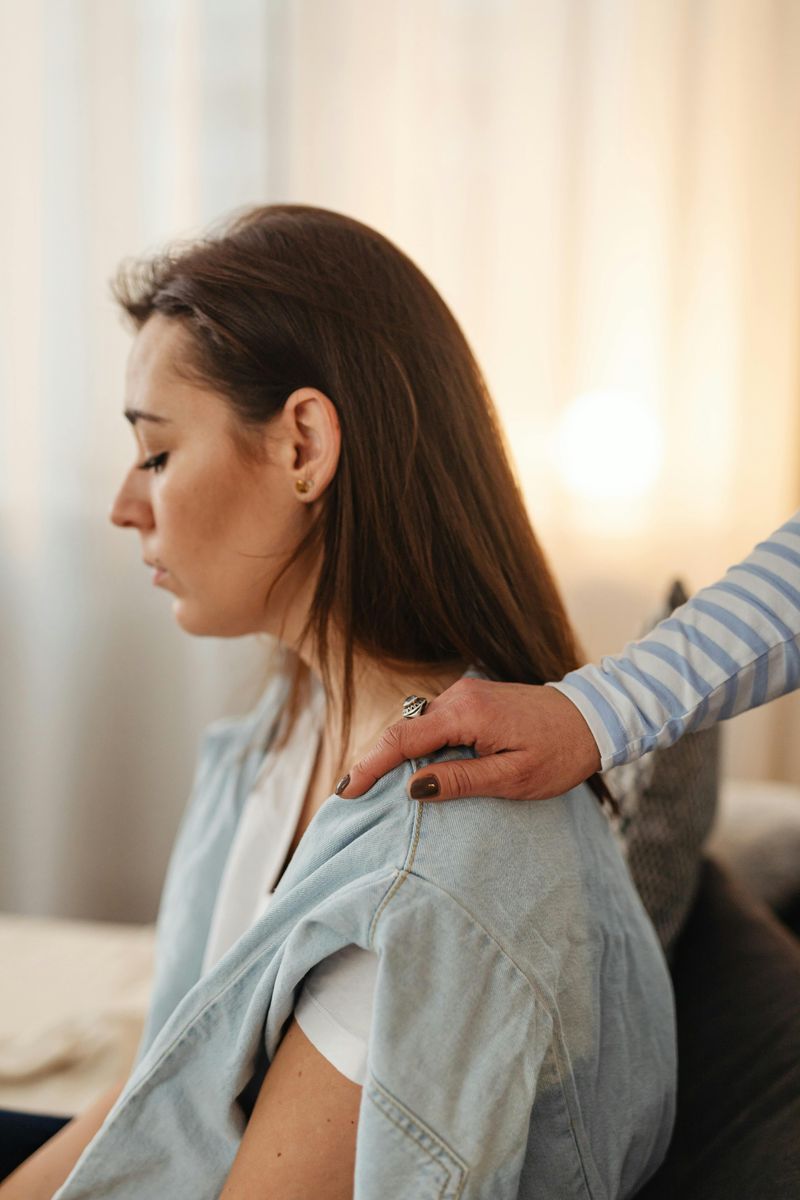
Resisting the urge to get even or make the other person suffer is one of the bravest choices you can make during a divorce. When someone has hurt you deeply, it’s natural to want them to feel the same pain. But acting on that impulse only drags out the suffering for everyone involved.
You’re prioritizing your peace and long-term healing over short-term satisfaction. Revenge might feel good in the moment, but it keeps you stuck in the past. Choosing peace allows you to focus on rebuilding your life instead of tearing someone else’s down.
This decision reflects emotional maturity and self-awareness. It shows you value your own well-being more than winning a battle that ultimately has no winners.
2. Taking Accountability for Your Part

Owning your mistakes without blaming or deflecting requires humility and emotional intelligence. No relationship falls apart because of just one person. Admitting where you went wrong takes real guts, especially when you’re already feeling hurt and defensive.
This kind of honesty shows growth and helps you move forward with integrity. When you can look in the mirror and acknowledge your role, you break the cycle of victimhood. You take back your power by accepting responsibility instead of hiding behind excuses.
Accountability also sets a powerful example for those around you, especially children. It teaches them that making mistakes is human, but owning them is what builds character and trust.
3. Refusing to Badmouth Your E
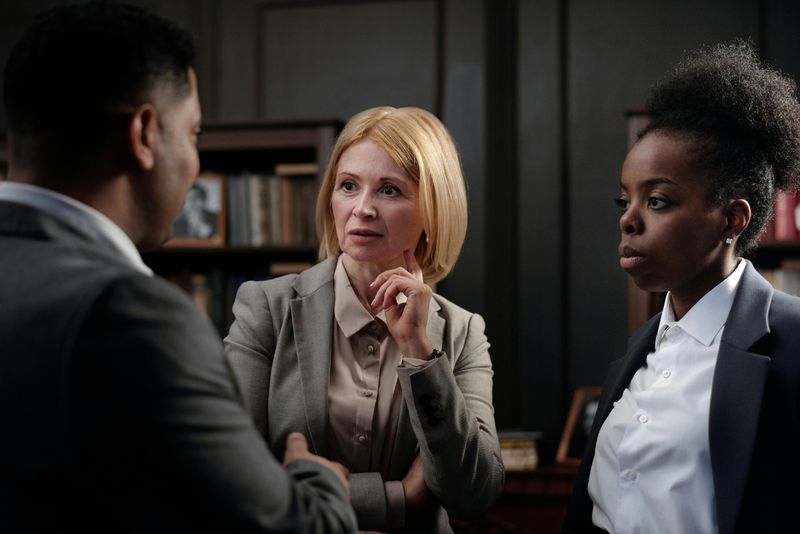
Whether in front of friends, family, or especially children, holding your tongue and speaking respectfully about your ex shows remarkable self-control and maturity. Venting feels tempting when you’re angry, but trash-talking your former partner damages more than just their reputation.
Speaking poorly about your ex in front of kids can cause lasting emotional harm. Children need to feel safe loving both parents without guilt or divided loyalty. When you protect that relationship, you’re protecting their hearts.
Even with adults, constant negativity keeps you trapped in bitterness. Choosing kindness—or at least silence—frees you from being defined by anger. It shows you’re moving forward, not stuck reliving old wounds.
4. Letting Go of the Need to Win
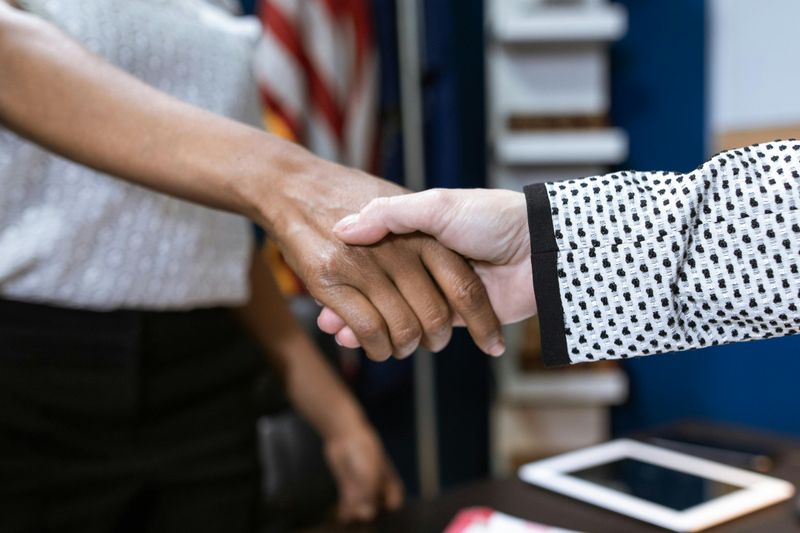
Divorce can feel like a battle, but real courage lies in focusing on fairness rather than victory. When you’re hurting, it’s easy to turn everything into a competition—who gets more, who looks better, who was right. But that mindset only prolongs the pain.
Aiming for mutual healing and reasonable outcomes instead of domination takes strength. You recognize that dragging things out or fighting over every detail won’t bring you happiness. It just keeps you tethered to someone you’re trying to move on from.
Fairness doesn’t mean giving up what you deserve. It means approaching the process with clear eyes and an open heart, seeking solutions that allow both people to rebuild their lives with dignity.
5. Prioritizing the Kids’ Well-Being
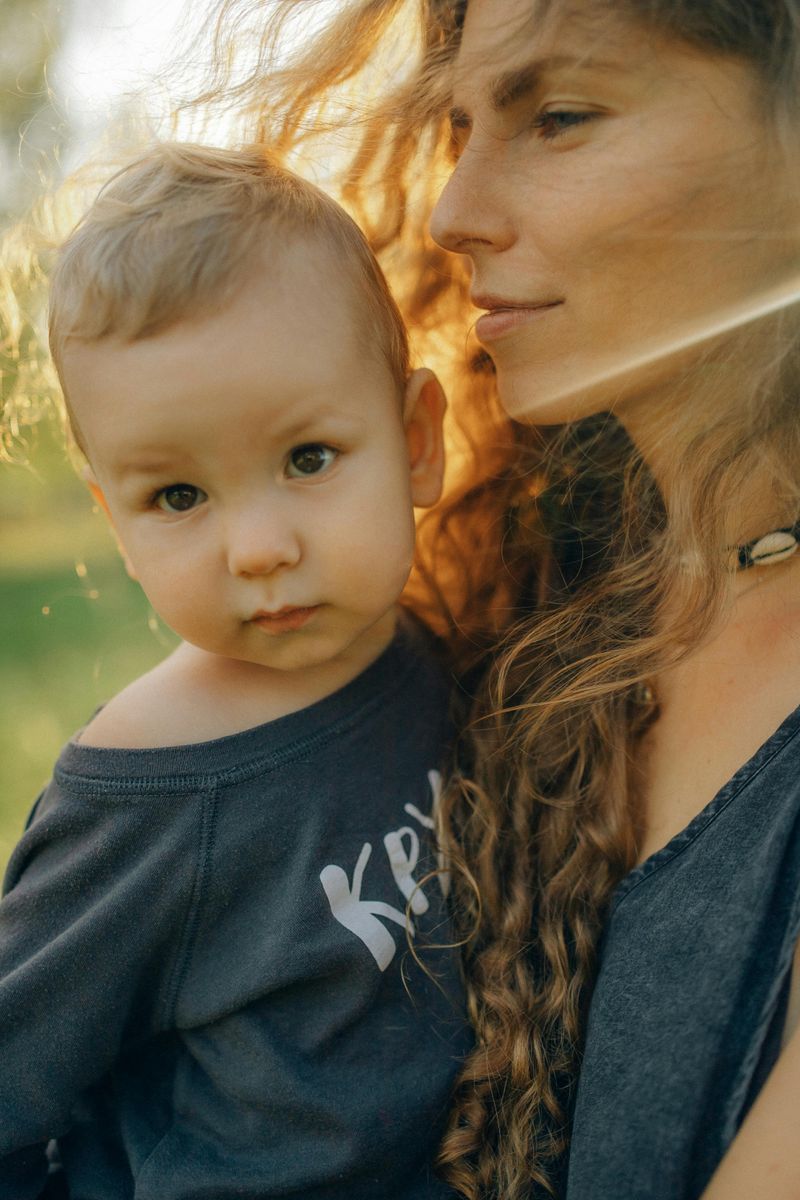
Putting your children’s emotional stability before your own pain—even when it’s hard—is one of the ultimate acts of love and courage in divorce. Kids didn’t ask for this, and they shouldn’t have to carry the weight of adult problems.
Shielding them from conflict, maintaining routines, and reassuring them that they’re loved takes immense effort when you’re barely holding it together yourself. But doing so protects their sense of security during an already chaotic time. They need to know that even though the family is changing, their world isn’t falling apart.
This selflessness shows true parental love. You’re choosing their future happiness over your present anger, and that kind of sacrifice is both heroic and deeply honorable.
6. Seeking Help and Healing
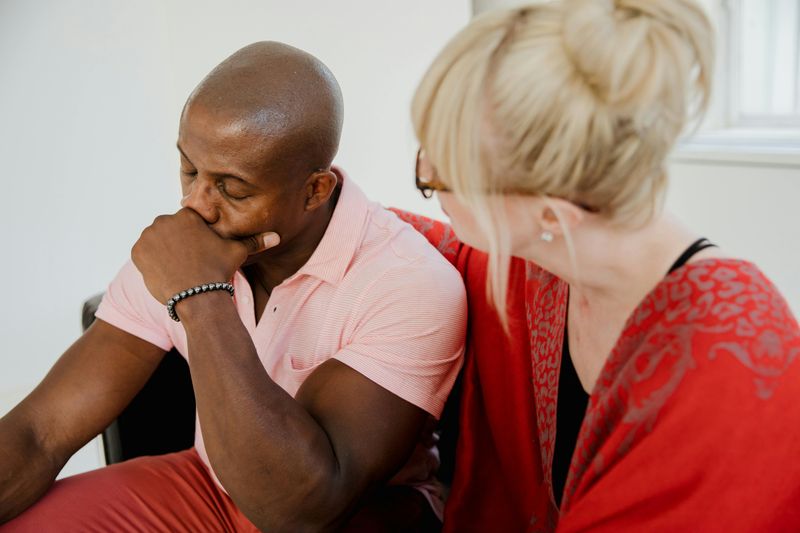
Reaching out for therapy, support groups, or counseling takes vulnerability and bravery. Society often tells us to tough it out alone, but asking for help is a powerful sign you’re choosing growth over bitterness.
Talking to a professional or joining a support group gives you tools to process your emotions in healthy ways. It prevents you from spiraling into anger or depression and helps you see the situation more clearly. Healing doesn’t happen in isolation—it happens when you’re willing to open up and do the hard work.
Seeking help also shows you value yourself enough to invest in your recovery. You’re not letting the divorce define or destroy you. Instead, you’re actively building a stronger, healthier version of yourself.
7. Forgiving (Even If They Don’t Deserve It)

Forgiveness doesn’t mean forgetting—it means freeing yourself from anger’s hold. You’re not excusing what happened or pretending everything is fine. You’re simply choosing not to let resentment control your life anymore.
Holding onto anger is like drinking poison and expecting the other person to suffer. Forgiveness is a quiet, powerful act that brings closure and peace. It allows you to release the emotional weight you’ve been carrying and make space for joy again.
This kind of forgiveness is for you, not them. It’s about reclaiming your power and refusing to let past pain dictate your future. When you forgive, you take back control of your emotional well-being.
8. Letting Go with Grace

Accepting the end of the relationship without clinging to what could have been takes immense strength. It’s natural to grieve the future you imagined, but holding onto those dreams keeps you stuck in the past.
You’re honoring your past while making room for your future. Letting go with grace means acknowledging the good times, accepting the bad, and choosing to move forward without bitterness. It’s about closing one chapter so you can start writing the next one.
This kind of acceptance doesn’t happen overnight, but it’s a sign of true emotional courage. You’re not running from your feelings—you’re facing them head-on and choosing hope over despair. That’s what being the bigger person really means.

Comments
Loading…